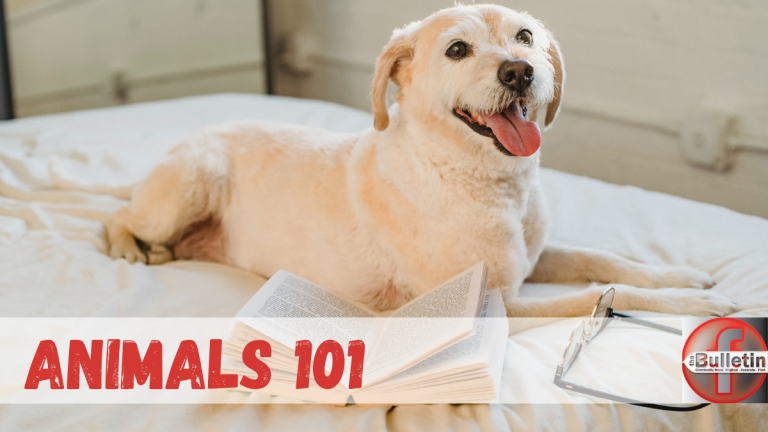
EDUCATION IS KEY TO HELPING ANIMALS AND THEIR OWNERS AND FOR CHANGING ANIMAL WELFARE IN THE WORLD!
Shay Kelly said: “They say dogs are loyal, but they don’t actually get a choice where they live or whom they live with. Try to be the person they’d choose, if only they could!”
Sadly, most people do not spend nearly enough time educating themselves on how to improve their pets’ lives or how to help other animals or animal welfare organizations. Last week we did a SUMMARY on many of the topics including cruelty, lost & found pet advice and more. This week we will look back on topics in the Animals 101 series about pet ownership and pet care.
The privilege of sharing your life with an animal companion comes with responsibilities and this should not be taken lightly. In addition to meeting your pet’s basic needs, there are some extremely important rules of responsible pet ownership you need to know, to keep your pet in good health and enjoying life. Are you a RESPONSIBLE PET GUARDIAN (owner)?
Part of being a responsible pet parent includes CHOOSING A GOOD VETERINARIAN for them, going for regular wellness checks as well as asking the right QUESTIONS FOR YOUR VET.
Do you want a proactive, wellness-oriented vet or a traditional one that only puts out “fires” as they arise? It is crucial to do your homework on your veterinarian. Not all vets are allowed to work or are qualified to work with all species of animals, especially exotic pets!
Vet visits can be expensive and emergencies happen too which can be very expensive. When you’re creating your household budget, it makes sense to include pet health care expenses and emergency funds as well as to be as proactive as possible when it comes to preventing lifestyle-related diseases. Here are some tips on AVOIDING HIGH VET BILLS as well as the PROS & CONS OF PET INSURANCE. Never let your animals suffer because you did not plan for this!
Many pets have at least one operation (hopefully a spay or neuter) during their lifetime. Any pet parent feels worried when their fur-family member must go for an operation as well as feeling intimidated about caring for their pet after their surgery. You are not alone! We learned five things for successful AT-HOME CARE after your pet’s surgery from Dr. Meyers, a veterinary surgeon.
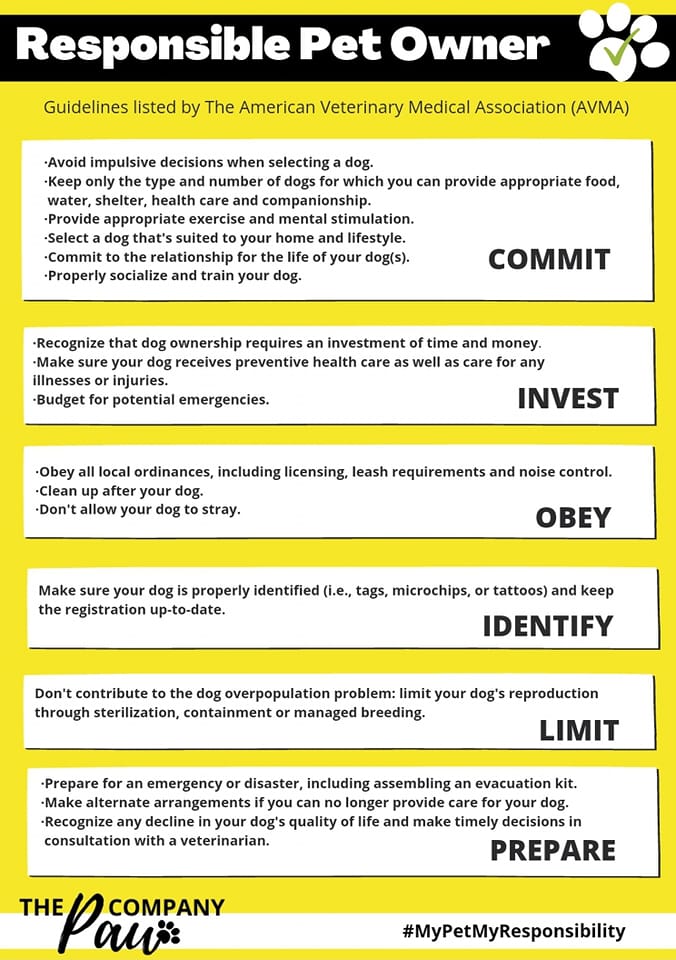
Whichever kind of pet you choose to be a guardian of and care for, it is crucial that you do proper research about all their needs, especially their ENCLOSURE SIZE and enrichment. Your pets need more than just food and water! The enclosure, sadly in most cases, is the area in which they will spend most of their time (hopefully not), so it must meet their needs! Just because a pet shop or even a vet sells, for example, a cage as an “African Grey cage”, it doesn’t mean it is the right size for them.
Here are MINIMUM ENCLOSURE SIZES for specific animals.
Animals are sentient beings and if we want the privilege to share our lives with them, we need to make sure that all their needs are met, including behavioural ENRICHMENT which all animals need! If you consider your pet to be “naughty”, then you are probably not meeting their needs! Dogs, for example, will dig holes, bark, roll in stuff etc. and although it is considered natural behaviour when done excessively, it can be an indication of boredom and that their needs are not being met.
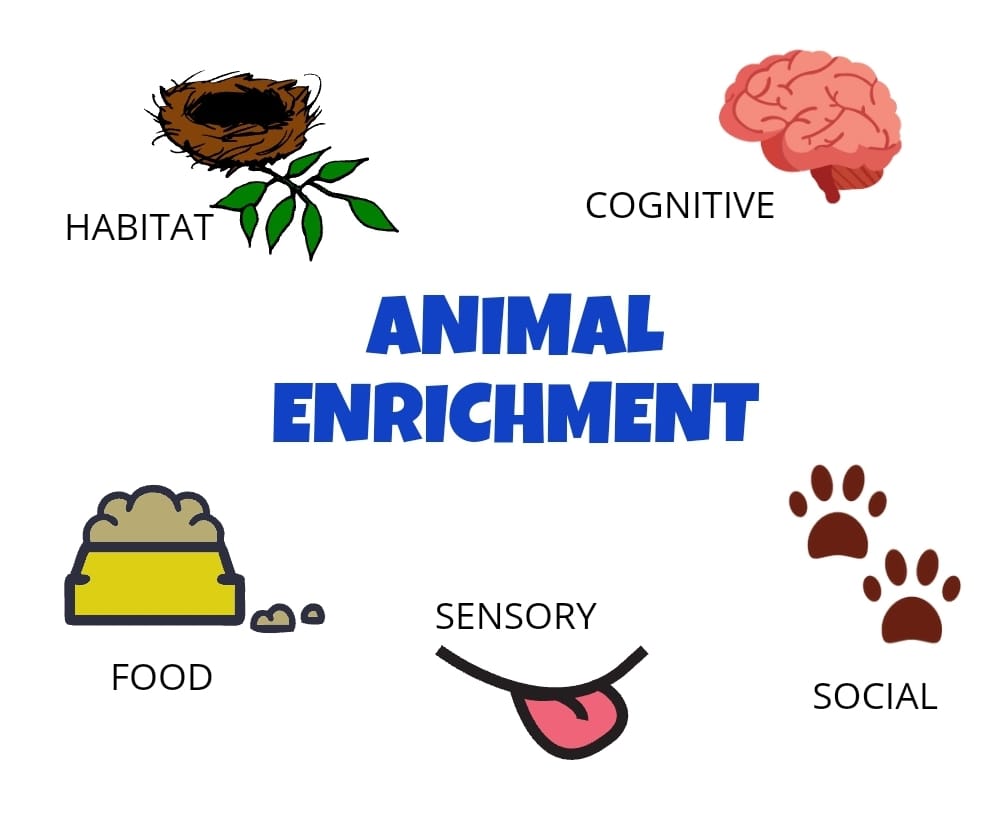
Even if your pet has a great enclosure, they still need exercise. For dogs, walking can be good physical activity, but for most, it will not be sufficient exercise. Here are some TIPS FOR WALKING YOUR DOG. Walks are essential for the well-being of canine companions and done correctly, with the right attitude, they can be very beneficial for us, as well.
Most healthy dogs and other pets retain their love to play throughout their lives. Choosing the right TOYS for your pets can be an important part of meeting their needs.
Then there is nutrition. It is important to remember that every type of food you feed your animals has the potential to do 1 of 2 things: HEAL or HARM. What are the food and treats you give them, doing to your animal’s body? Do they help reduce inflammation or cause it? Provide antioxidants or just empty calories? Provide polyphenols or just synthetic flavours and dyes? They need species-appropriate food too!
I am not a veterinarian or animal food specialist, so all this information comes from a trusted vet, who is also the co-author of The Forever Dog. I have tried many of these for my animals and just like humans, animals, even from the same species, certainly have food preferences. CAN MY DOG EAT THIS?
Cats aren’t big drinkers. Domestic cats evolved from desert-dwelling ancestors and there’s little water to be found in dry climates or habitats. That’s probably why navigating bodies of water for any purpose doesn’t come naturally to cats. It’s also why they aren’t as responsive as other animals to sensations of thirst or dehydration and must get most of the moisture their bodies need from the food they eat. HOW TO KEEP YOUR CAT HYDRATED.
Cats’ ancestral diet was moisture-rich prey which helps meet their fluid requirements, so feeding your cat dry food only, which is <10% water, can create a problem. It can cause chronic dehydration, leading to constipation and kidney stress, which is why vets recommend feeding cats moisture-rich diets. One of the first signs that a feline family member is sick is a lack of appetite. Cats can’t go without food for very long due to the risk of hepatic lipidosis, so it’s important to address the problem quickly. HELPING RELUCTANT EATERS.
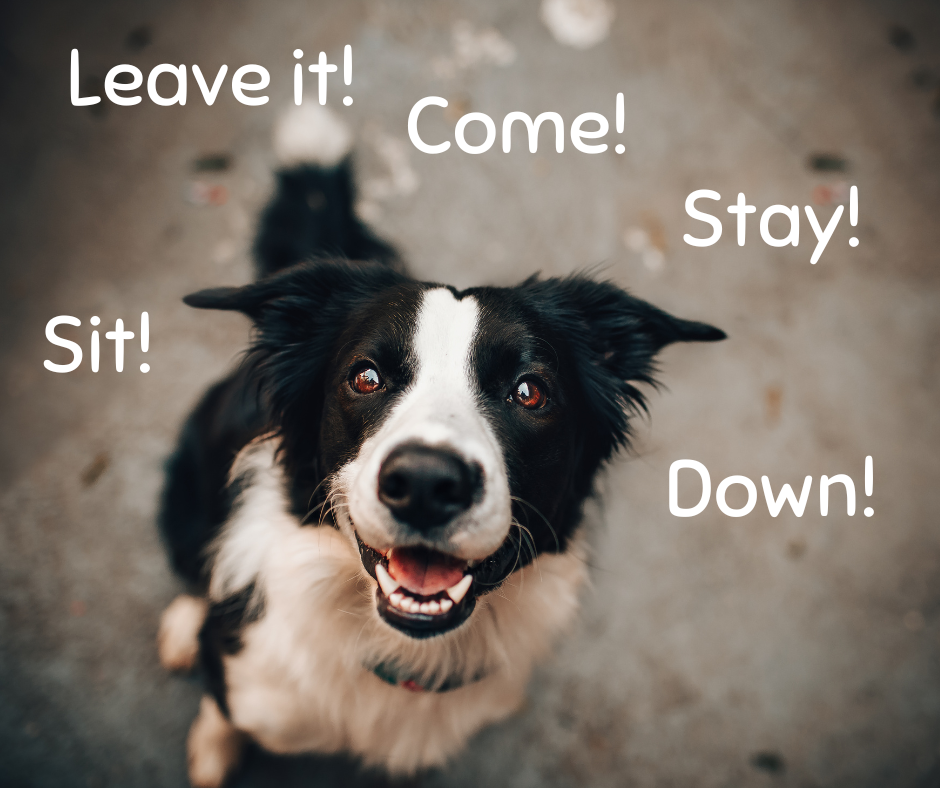
Understanding your pets and training them is an important aspect of having animals and improving your relationship with them and it can keep them safe too. Pets don’t come trained. If you don’t train them, you can’t blame them! Sometimes addressing behavioural concerns is as simple as a few minutes a day or adding an extra food bowl for a cat or providing a sand pit for a dog.
If your animals are not trained, their behaviour may lead to a lot of frustrations for you, which in turn causes more confusion and stress for your pet and worsens the cycle. Many people surrender animals to shelters because of ” behavioural issues” when actually those issues are quite normal under circumstances and could easily be addressed if their owner cared enough to put in some time for training and meeting their needs. Here are our TRAINING TIPS PART 1 & PART 2.
One of the 5 freedoms of animals welfare includes the freedom to express natural behaviour and barking is natural behaviour! BARKING is a way to communicate, so it will never be the goal to stop barking entirely. Obviously, we don’t want constant or excessive barking, but then we need to find out what is being constantly communicated through the barking. Barking is a way your dog is telling you something is not right, which might include that their needs are not met, so listen up!
Parrots, especially African Grey parrots are popular pets, but unfortunately, many owners don’t realize the extreme level of care these highly intelligent, high-maintenance birds require.
The combination of their high intelligence and their long-life expectancy makes them one of the highest maintenance pets on the planet. Adding inexperienced owners to the mix often results in a long list of behavioural problems, health concerns and unhappiness for both the parrot and the owner. These animals can easily change homes 6-7 times in their lifetime. The number of surrendered and abandoned birds are sky-high worldwide. Through education and awareness, we want to help change that. Read more about PARROTS.
We have recently seen so many lost pet birds in our area. One thing that bird owners consider to prevent escape is CLIPPING THEIR WINGS. Although there are usually two sides to any issue and this is a controversial topic, wing clipping is not something I support!
Many people suffer from allergies and would agree it is not a pleasant experience, right? Pets experience ALLERGIES too and it is our job as pet guardians (owners) to help them by addressing it with your trusted veterinarian. It is also important not to follow advice online from non-qualified individuals.
Something else many animals struggle with is noise-phobia. Some pets become anxious or panicked not only due to the noise of a storm (fireworks) but due to the flashes of lightning, rain, wind, odours, changes in barometric pressure or even static electricity and this could indicate a storm phobia. Storm phobias tend to get worse over time instead of better, so for this reason, the earlier you start treatment to help your pet cope, the better. HOW TO HELP A STORM-PHOBIC PET.
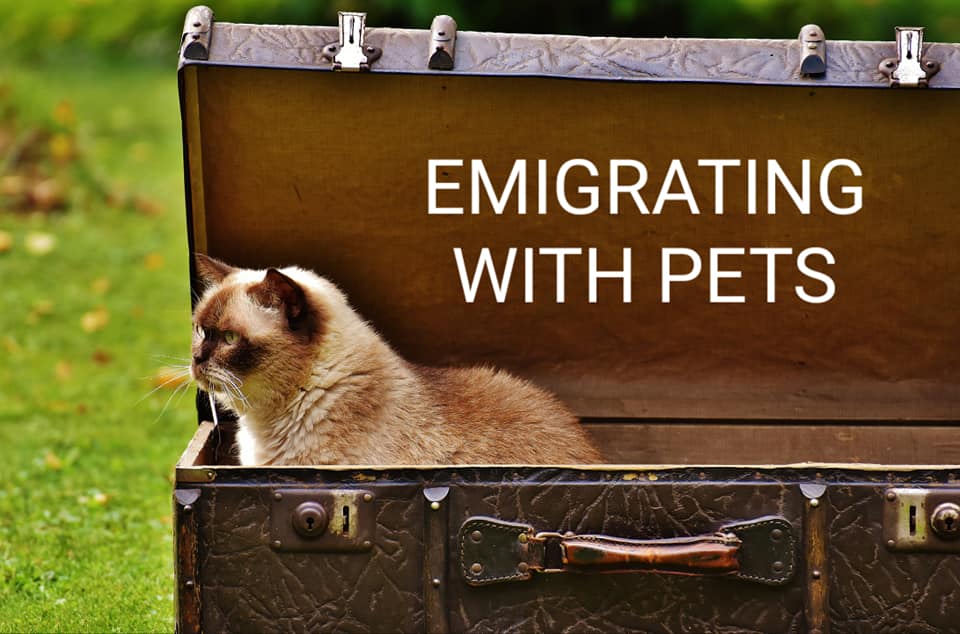
Our No.1 rule when CHOOSING A NEW HOME for you and your family is to ensure that your pet can come along. Although there are very few exceptions, it is always sad to see people move without their pets.
Whether you’re a renter, looking to buy, or a homeowner looking for more (or less) square footage, house hunting is no easy task, especially if you have a pet to consider. Once you find what you think might be the perfect house, you’ll need to make sure it will also be a good fit for your furry family members.
Many people who emigrate dump their animals on an already overwhelmed system and when they get to the other country they just replace them. I can’t imagine emigrating and leaving some from my fur-family members behind. Thank you to those who do not leave them. It is important to do your research well as there are steps to consider and costs to budget for. The regulations may differ between countries and you need to consider your pets early in the emigration process as it can easily take anything from 5-8 months. Read more on EMMIGRATING WITH PETS.
It’s inevitable that pets die before most of their owners and saying goodbye is something every pet lover faces eventually. It’s distressing to see any animal in pain, whether it’s our animal or not. This decision usually happens in a grey area. We have the opportunity to put an end to their suffering. It’s a gift we can give when there’s no other alternative. The hardest part of owning any pet is the day you have to make the final decision for them. Read more about EUTHANASIA.
Some pets might DIE AT HOME or you may find a deceased animal somewhere and most people do not know what to do if this happens.
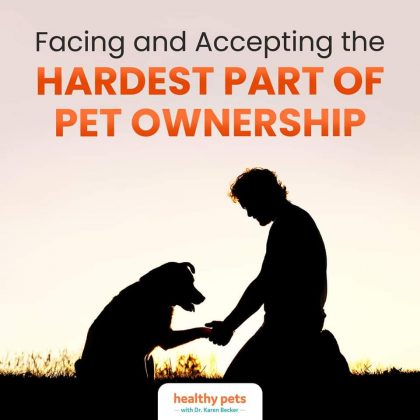
To end on a positive note………here are the PAWSOME NEW YEARS RESOLUTIONS we shared at the beginning of the year. Did you do any of them?
Your pets are your responsibility. If you can’t meet all their needs and provide them with the life they deserve, then please do not get them. Reach out when you need help before the situation becomes overwhelming and the animals pay the price.
Next week we will look back on the topics surrounding animal safety that we covered in the last 18 months.
WHEN YOU KNOW BETTER, DO BETTER!